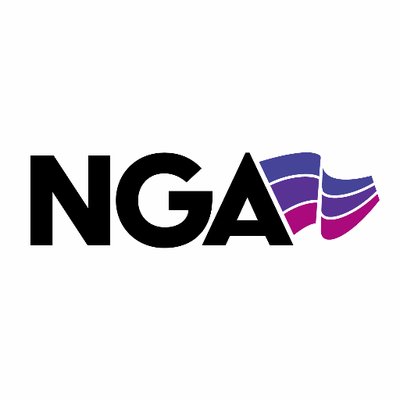New and innovative health care delivery and the payment infrastructure to support those reforms must be built on the interoperable exchange of health data. Interoperable health data exchange requires that systems and devices be able to exchange data and interpret that shared data. The ability to share and use health information within and across systems plays an important role in achieving the triple aim of improving health, improving health care, and reducing costs.
However, despite recent and significant investment in health information technology, particularly electronic medical record systems, the exchange of data has not kept pace with the development of technology. Without interoperable data, health systems are not appropriately equipped to deliver high-quality, coordinated care to patients. States are committed to improving delivery of high quality and coordinated patient care by increasing interoperability between providers while carefully ensuring the privacy of patients. The NGA Center is working with states and the federal government to clarify and educate stakeholders about how they can permissibly use health information under federal statutes and regulations. The NGA Center is also working to harmonize state laws and organizational policies concerning access, use, and disclosure of health information. The goal is to help states create and maintain interoperable data systems that accurately capture and share data for use in patient-centered care and health care oversight.











